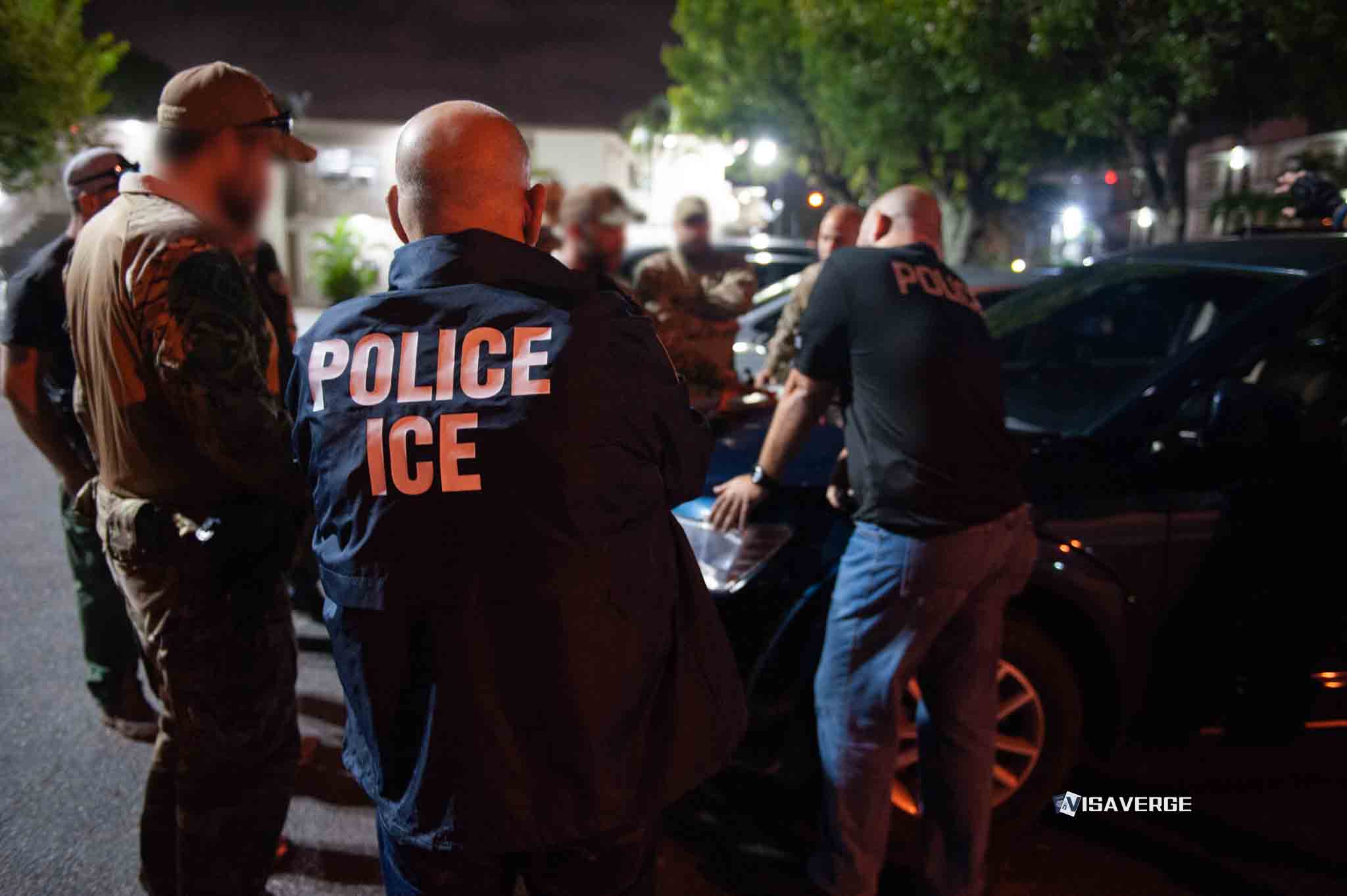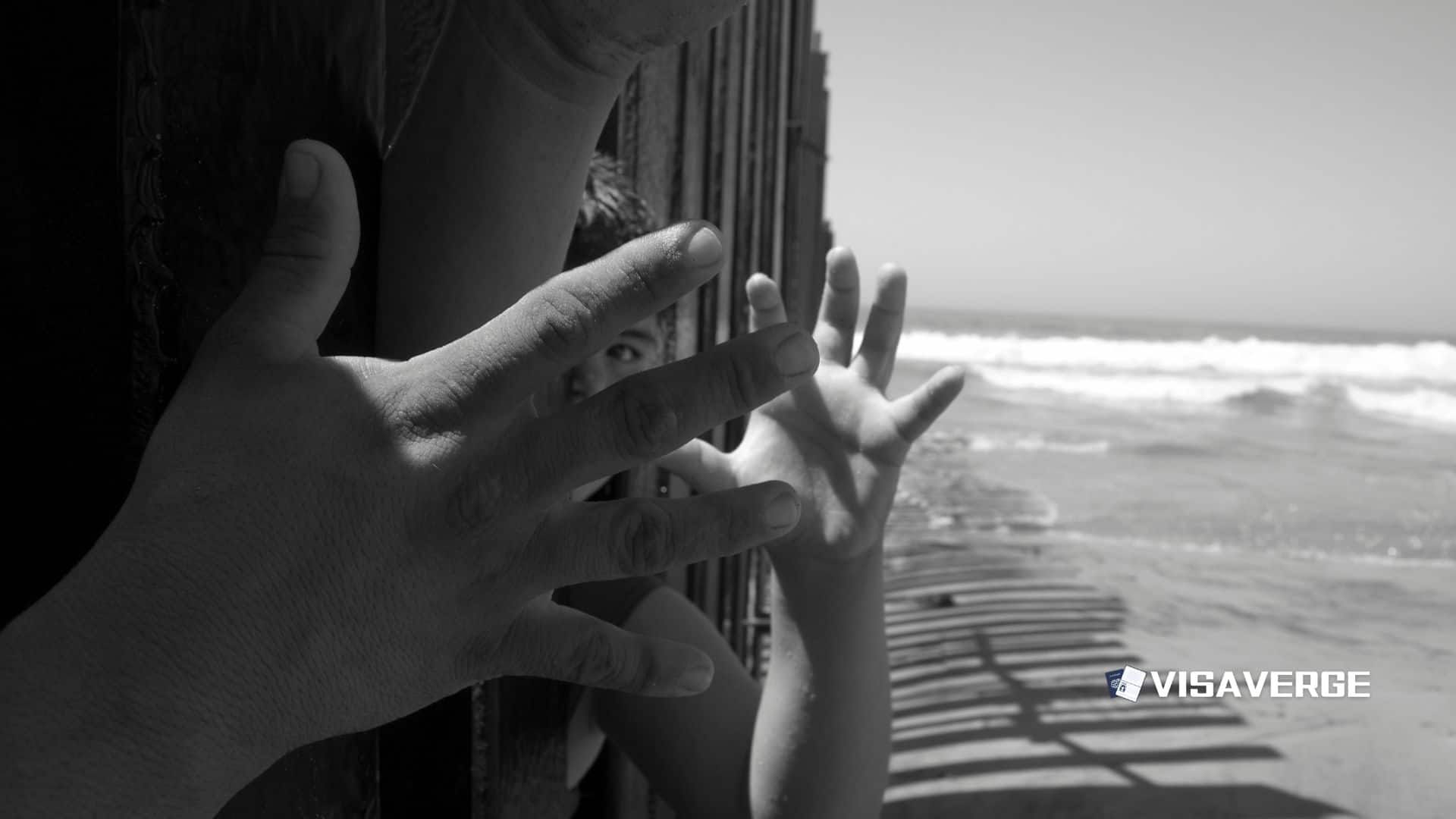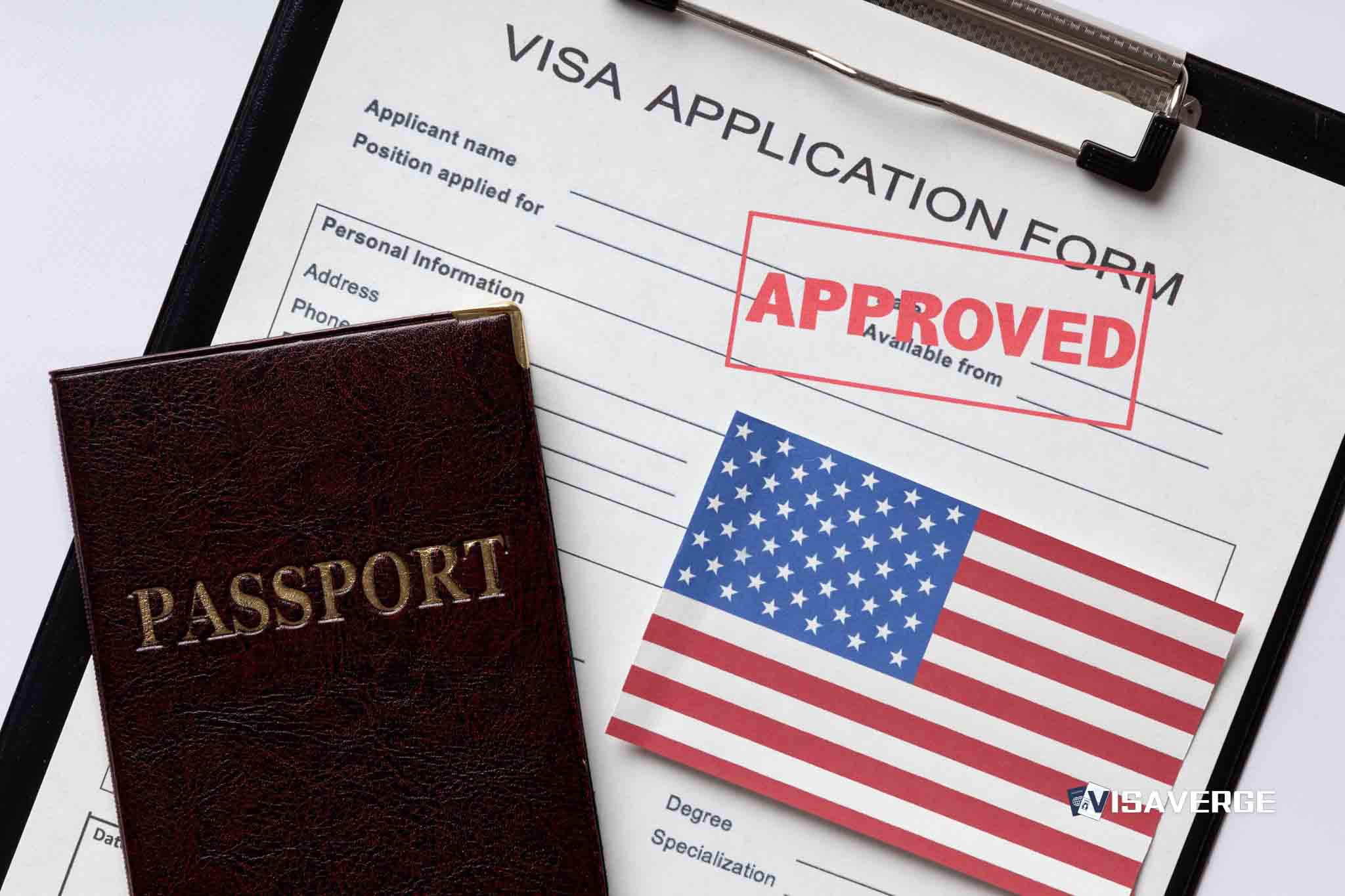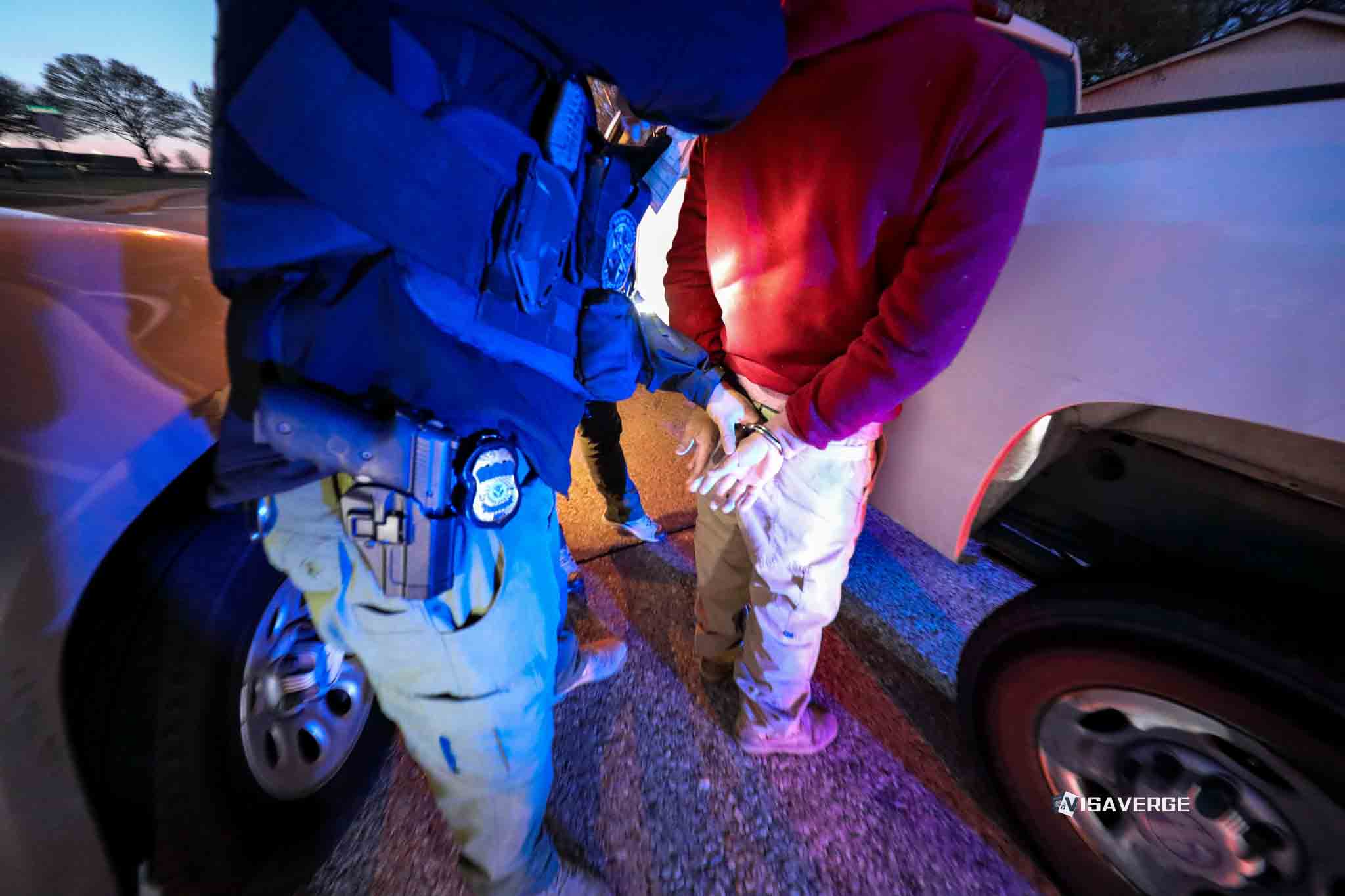(LOS ANGELES) In early August, U.S. Border Patrol agents staged “Operation Trojan Horse” near a Home Depot in Westlake, using a yellow Penske box truck to approach day laborers and make arrests. The pre-dawn raid on August 6 detained 16 people from Guatemala, Mexico, Honduras, and Nicaragua, and it triggered swift backlash because it followed a federal appeals court decision upholding limits on immigration sweeps in Southern California.
Border Patrol agents reportedly hid inside the rented truck, spoke Spanish to offer jobs, then jumped out to arrest workers who gathered, according to witnesses. The tactic now faces legal and public scrutiny, as city officials and advocates warn it may violate a court order against stops based on race, language, job, or location.

Timeline and key details
- The operation took place around 6:45–7:00 a.m. near Wilshire Boulevard in Westlake.
- It came days after a federal appeals court kept in place a temporary restraining order issued in July 2025 by U.S. District Judge Maame Ewusi-Mensah Frimpong.
- That order bars immigration officials from conducting indiscriminate stops and arrests in seven Southern California counties, including Los Angeles.
Official responses
- Federal officials pushed back against critics. Acting U.S. Attorney Bill Essayli stated online:
“The enforcement of federal law is not negotiable and there are no sanctuaries from the reach of the federal government.”
- Border Patrol Sector Chief Greg Bovino labeled the raid “Operation Trojan Horse” and warned, “We’re not leaving,” signaling continued enforcement actions despite local objections.
- Mayor Karen Bass condemned the raid as a likely violation of the court order and said the city is “considering all legal options.” Her office argued the tactic mirrors practices the court intended to stop.
-
Penske Truck Rental distanced itself from the raid, saying it did not authorize people to ride in cargo areas, was unaware of the operation, and would contact the Department of Homeland Security to reinforce its policy.
Local impact and community reaction
Local advocates said the operation spread fear among day laborers and families who rely on daily work to pay rent and send money home. Immediate effects included:
- Day laborers staying home for weeks and avoiding known pickup locations.
- Workers shifting to less-frequented corners, resulting in fewer job offers.
- Families delaying medical visits and keeping children home from community programs due to fear of sudden sweeps.
Advocates say the tactic harms trust between immigrant communities and local institutions and strains already limited resources.
Legal context and potential claims
The temporary restraining order specifically targets arrests based on race, language, job category (e.g., day laborers), or location. Key legal considerations:
- If officers used a bait truck and targeted a known day laborer corner, plaintiffs may argue the action violated the order.
- Supporters of the operation may assert officers had specific leads or observed behavior-based reasons unrelated to protected traits.
- Possible constitutional claims include racial profiling and unlawful detention.
- State-level consumer safety rules could be implicated regarding transporting people in cargo areas.
If Los Angeles files suit or seeks sanctions, these arguments will likely surface in court.
Broader enforcement trends
Data cited by CBS News indicate a rise in arrests of non-criminal individuals nationwide:
– Texas up 260% year over year
– California up 250% year over year
This suggests a shift in enforcement toward more arrests of people without criminal records, affecting even sanctuary areas. Reports (e.g., VisaVerge.com) note that stepped-up actions in high-profile cities often ripple across nearby counties, where trust with immigrant communities is already strained.
Practical guidance for witnesses and detained persons
If you witness enforcement near job sites:
1. Stay calm and observe from a safe distance—do not interfere.
2. Record date, time, location, vehicle details (e.g., a Penske box truck) and any badge numbers.
3. If filming, do so from public space and do not obstruct officers.
4. Share information with trusted legal aid groups.
5. If a loved one is detained, gather full name, date of birth, country of origin, and any A-number, then contact an attorney.
If you are concerned about your rights:
– You can remain silent. You can ask, “Am I free to leave?”
– You do not have to consent to a search of your person or belongings.
– If officers come to a home, ask to see a judicial warrant signed by a judge. An administrative warrant alone generally does not allow entry without consent.
– Carry copies of important documents and keep an emergency contact plan with family.
Community and employer recommendations
- Employers and contractors should avoid on-the-spot hires that could expose workers to stings; instead:
- Use clear, written job offers with pickup points away from known enforcement hotspots.
- Churches, schools, and nonprofits can:
- Run “know your rights” workshops.
- Offer safe meeting spaces for hiring and worker meetings.
- Rental firms may need to:
- Tighten policies and require enhanced disclosures or restrict rentals linked to law enforcement unless conditions are met.
Policy options and possible outcomes
The City of Los Angeles may:
– Seek an injunction or contempt finding if it believes the operation violated the court order.
– Push for DHS and Border Patrol to narrow tactics, add training, or submit to monitoring.
Federal officials argue they must enforce immigration law regardless of local sanctuary policies. Local leaders counter that deceptive tactics erode trust, push workers into the shadows, and harm public safety and the economy.
Immigration forms and resources
Important forms and resources relevant to people affected:
– Form I-589 — Application for Asylum and for Withholding of Removal (see USCIS for filing rules and deadlines)
– Form I-765 — Application for Employment Authorization (some asylum seekers may qualify while their case is pending)
– Form G-28 — Notice of Entry of Appearance as Attorney or Accredited Representative (authorizes an attorney to represent you)
For general rights during encounters with immigration officers, review the official DHS civil rights and civil liberties resources, which explain complaint processes and protections.
The coming weeks will show whether Los Angeles files suit, whether DHS adjusts tactics, and how courts interpret the restraining order’s limits when officers use undercover methods.
For now, immigrant families weigh daily risks: show up to work and earn a wage, or stay home and miss rent. Employers face labor shortages and delays when workers avoid traditional pickup spots. Neighborhoods in Westlake are adapting as job corners grow quiet and fear rises.
What’s clear is the stakes. A single truck, a handful of arrests, and a bold name—Operation Trojan Horse—have reopened old wounds over immigration enforcement in the United States’ second-largest city. The legal and human questions won’t end with this raid; they will move to courtrooms, council chambers, and street corners, where policy meets real life—and where families wait for the next dawn, deciding whether to stand on the curb or stay inside.
This Article in a Nutshell













